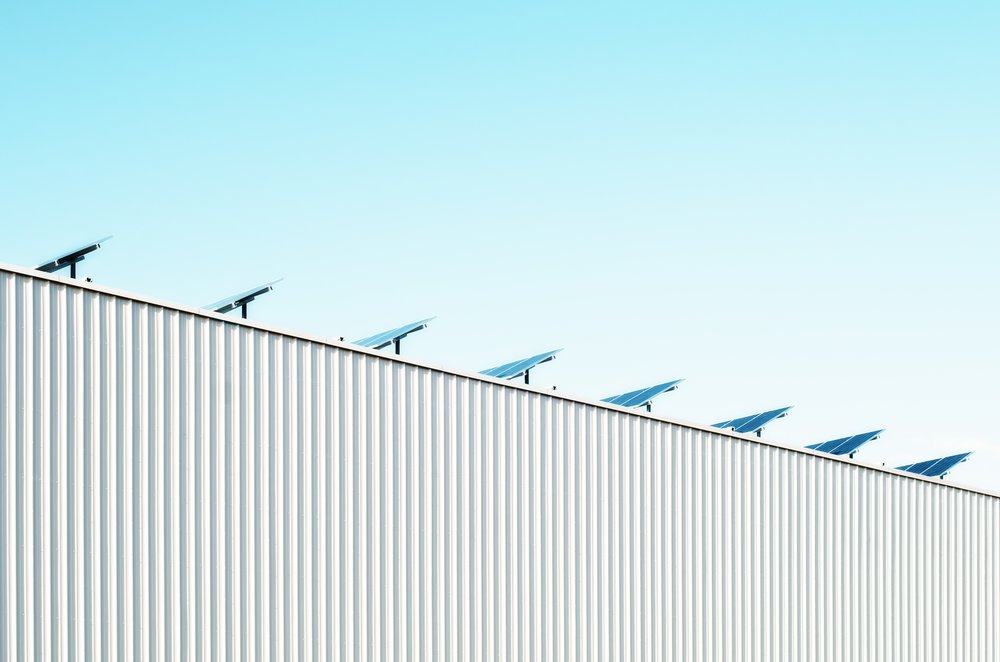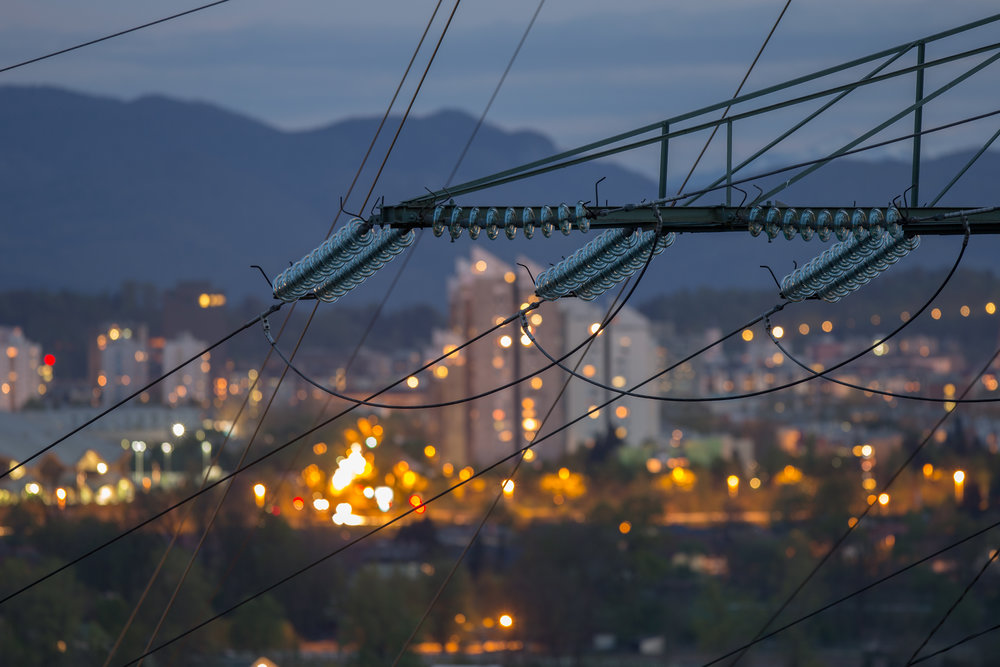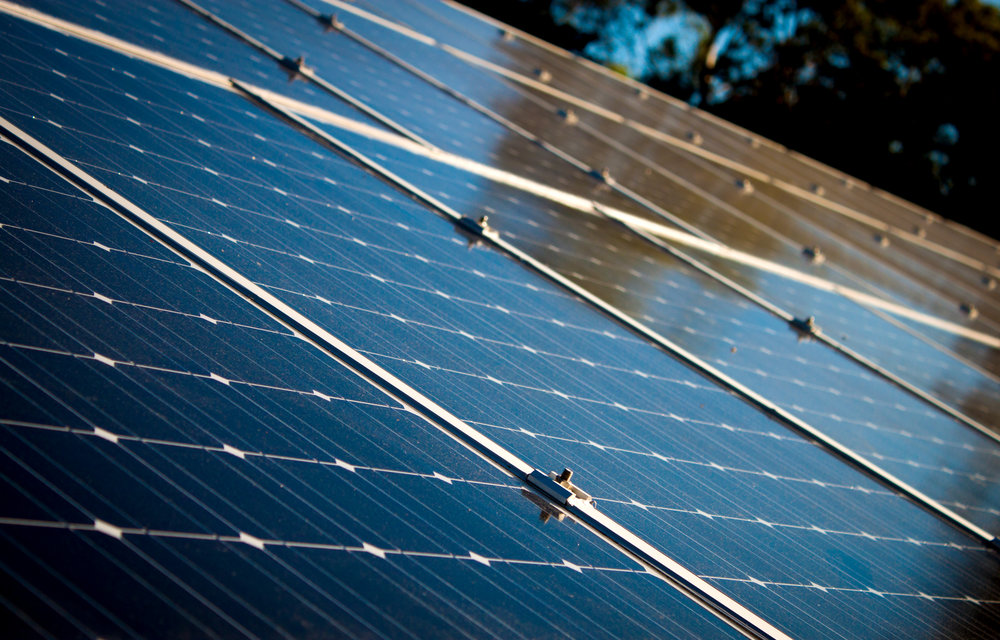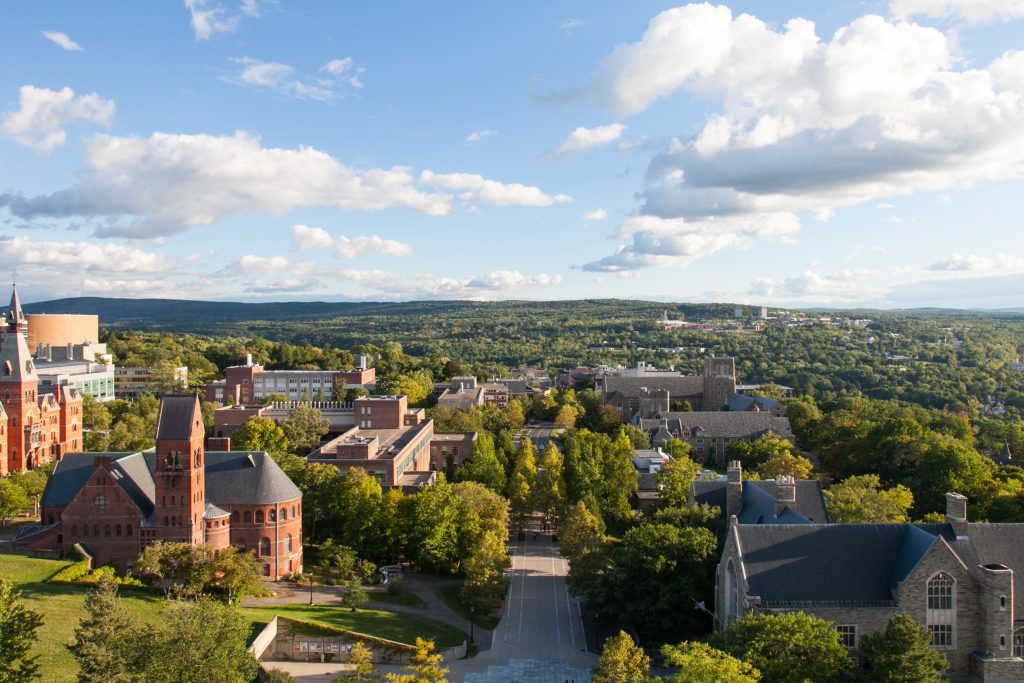Some skeptics point out that the energy from your local solar garden will have to flow through the electricity grid to reach your home. But while there might be some level of satisfaction from using electrons produced on your very own rooftop, many overestimate the independence that on-property solar affords its owners.
Table of Contents
Community Solar is Energy By the Community, For The Community
Community solar has been lauded for its ability to increase the amount of clean energy in America without subjecting people to changes to their home and property. There seems to be a misconception floating around that by simply installing rooftop solar, a household can wash its hands of polluting energy once and for all. But when it comes down to it, the power of the decision to go solar lies in getting these projects built, in doing our part to transition our society to a sustainable energy system. As with rooftop systems, community solar projects can’t get financed or built until they have customers, and in that sense, the power that your community solar panels produce is yours–it wouldn’t exist without you.
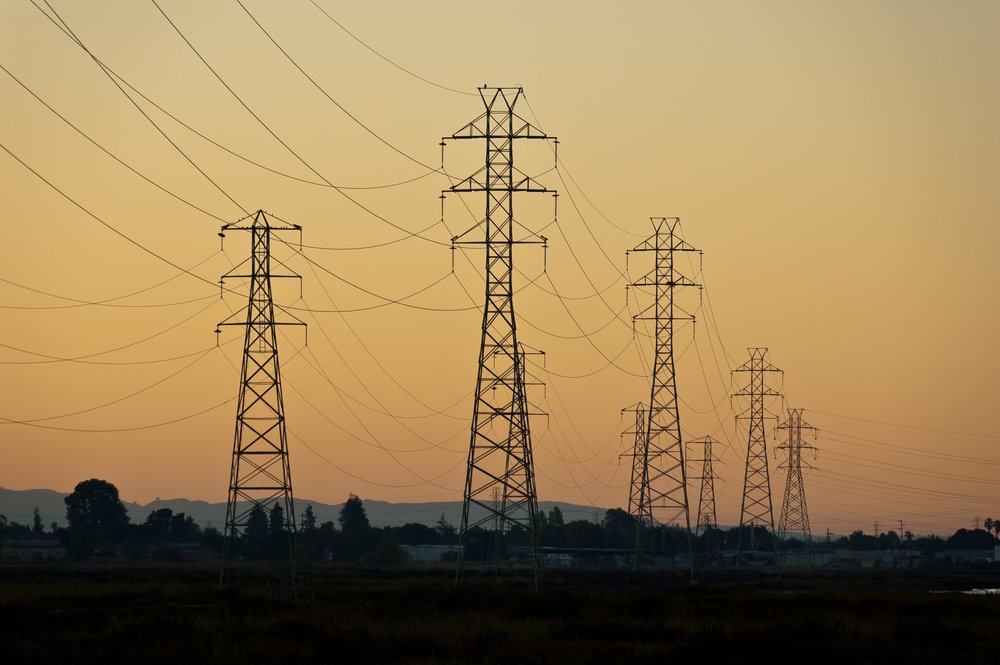
Is Rooftop Solar Different From Community Solar In Powering My Home?
Electricity is like water: once it enters the lines that take it from source to home, all of its particles mix together. This means that by the time the energy reaches your home, dirty power and clean are impossible to separate.
While this may seem to differentiate rooftop and community solar systems, though, it actually means that all grid-connected systems are functionally very similar. During the day, rooftop solar households use what they need of the power they produce, and the rest flows into the grid to be used by others. With community solar, all of the power flows directly into the grid, offsetting the homeowner’s power use.
At night, everyone draws the power they use from the grid.
And it’s true, some us can swing the $30,000 price tag to install solar and batteries and cut ties with the grid entirely. But the rest of us who make the decision to go solar are guaranteed to be using some of those ill-gotten electrons.
Grid-connected rooftop solar doesn’t provide a backup power system for power outages, either: for technical and safety reasons, all grid-connected solar arrays are required to shut down during blackouts.
So, does community solar directly power your home? Under the strictest definitions, no. But if your priority is doing your part to build local solar energy, you can breathe easy with community solar.
